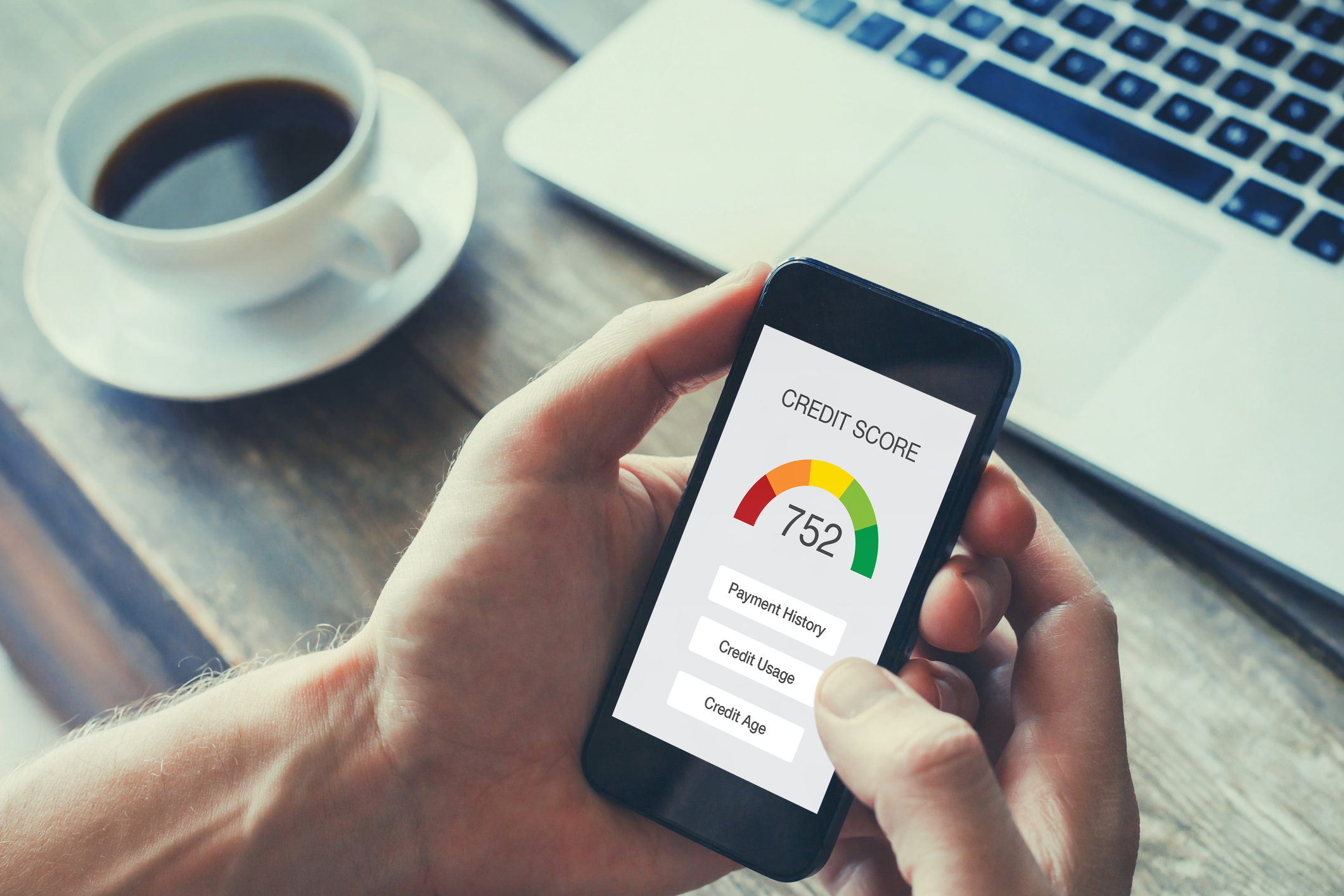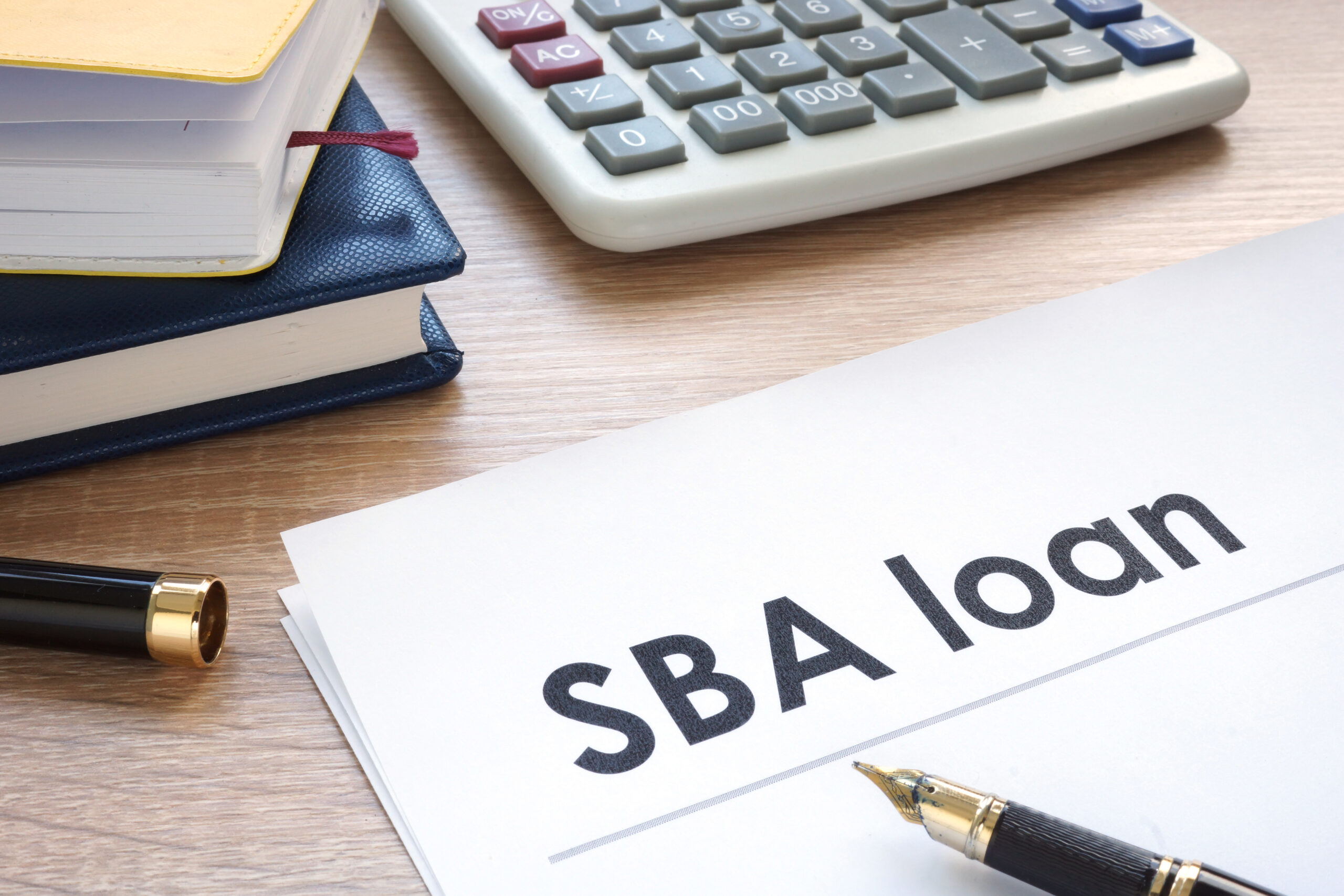National Financial Awareness Day, celebrated every year on Aug. 14, is a great time to think about your money decisions and plan for a better financial future. In this blog, we explore five ways to celebrate National Financial Awareness Day, including reflecting on financial goals, learning more about personal finance, creating a budget, working on credit health, and exploring saving and investing strategies.
What is National Financial Awareness Day?
National Financial Awareness Day is dedicated to promoting financial literacy and raising awareness about the importance of personal finances. It’s a reminder for individuals and families to evaluate their financial goals, so they can work towards financial well-being.
Ideas to Celebrate Financial Awareness Day
1. Reflect on Your Financial Goals
Setting clear financial goals gives direction and purpose to your financial journey. Whether it’s buying a house, starting a business, or retiring comfortably, setting financial goals helps you stay motivated and accountable.
To help reflect on your financial goals, try these strategies:
- Regularly review your goals. Set aside time on a regular basis to review your financial goals. This could be monthly, quarterly, or annually. Regular reviews allow you to track your progress, make adjustments, and stay focused on your priorities.
- Be specific and realistic. Ensure your financial goals are SMART – specific, measurable, achievable, relevant, and time-bound. Being specific and realistic helps you create attainable targets and prevents setting yourself up for disappointment.
- Consider short-term and long-term Break down your financial goals into short-term and long-term objectives.
- Assess your current financial situation. Reflect on your current financial status, including income, expenses, debt, assets, and savings. Understanding where you stand financially will help you gauge how far you need to go to reach your goals.
- Identify priorities. Rank your financial goals in order of importance. Determine which goals are critical for your financial well-being and which ones can be delayed or deprioritized.
- Seek professional advice. If you find it challenging to assess your financial goals objectively, consider seeking advice from a financial advisor.
2. Learn More About Personal Finance
Investing in financial education is one of the best decisions you can make. It empowers you with the knowledge and skills necessary to make informed financial decisions. When you understand concepts like budgeting, investing, and debt management, it makes it easier to navigate the complexities of personal finance.
There are plenty of resources available to help increase your financial knowledge. Consider exploring books, blogs like MyScoreIQ, podcasts, and courses specifically tailored to personal finance.
To build a solid foundation in personal finance, you should focus on key topics such as budgeting, investing, and debt management. Here’s why:
- Budgeting helps you track expenses, identify saving opportunities, and prioritize spending.
- Investing can help you grow wealth over time.
- Debt management helps you maintain financial stability
3. Create a Budget
Budgeting is a great tool for managing your finances, helping you to track your income, expenses, and savings. With a budget in place, you can make conscious spending decisions, identify areas for improvement, and work towards your financial goals.
Follow these steps to create a budget:
- Track your income. Start by calculating your total income, including salary, investments, and other sources.
- List your expenses. Organize your expenses into categories, distinguishing between fixed expenses like rent and utilities, and variable expenses such as groceries and entertainment.
- Set saving goals. Allocate a portion of your income towards your savings account and investments.
- Monitor and adjust. Make it a habit to frequently review your budget, keep a close eye on your expenses, and make any essential adjustments to ensure you remain on the right financial path.
4. Work on Your Credit
Credit health plays an important role in your financial well-being. A good credit score opens doors to better interest rates, loan options, and other financial opportunities. Use MyScoreIQ to monitor your FICO® Score, check your credit report, and receive personalized credit recommendations.
Consider the following strategies to improve and maintain good credit:
- Pay bills on time. Consistently make timely payments on your credit cards, loans, and other debts.
- Keep credit utilization low. Aim to use a small percentage of your available credit to maintain a healthy credit utilization ratio.
- Diversify your credit. Having a mix of different types of credit (credit cards, loans) can positively impact your credit score.
- Minimize new credit applications. Rapidly opening several new credit accounts can have a negative impact on your credit score.
5. Explore Saving and Investing Strategies
Saving and investing are essential for building wealth and achieving financial goals. Let’s take a look at some saving and investing strategies that can help you get ahead:
- Emergency funds. Set aside a dedicated fund to cover unforeseen expenses or financial emergencies.
- Retirement accounts. Explore options like employer-sponsored 401(k) plans, Individual Retirement Accounts (IRAs), or pension plans to save for retirement.
- Diversified portfolios. Spread your investments across different asset classes (stocks, bonds, real estate) to reduce risk and increase potential returns.
FAQs about National Financial Awareness Day
Are There Any Events or Workshops Held on National Financial Awareness Day?
Many organizations, financial institutions, and community groups may host events, workshops, or webinars on National Financial Awareness Day. These events often focus on financial education, budgeting tips, investment strategies, and other aspects of personal finance. Check with local organizations or financial websites to find events happening in your area.
How Can Schools Participate in National Financial Awareness Day?
Schools can participate in National Financial Awareness Day by incorporating financial literacy lessons into their curriculum. Teachers can organize discussions, activities, or assignments that help students understand basic financial concepts, such as budgeting, saving, and the importance of managing money responsibly.
Is National Financial Awareness Day a Public Holiday?
No, National Financial Awareness Day is not a public holiday. It is an awareness day designated to encourage individuals to take proactive steps toward financial well-being and financial education.
Bottom Line
National Financial Awareness Day is the perfect occasion to start prioritizing your financial well-being and taking steps toward a more secure future. Consider reflecting on your financial goals, creating a budget, working on your credit, and exploring saving and investing strategies. With resources like MyScoreIQ credit report monitoring, you’re well-equipped to work on your financial journey this National Financial Awareness Day!













